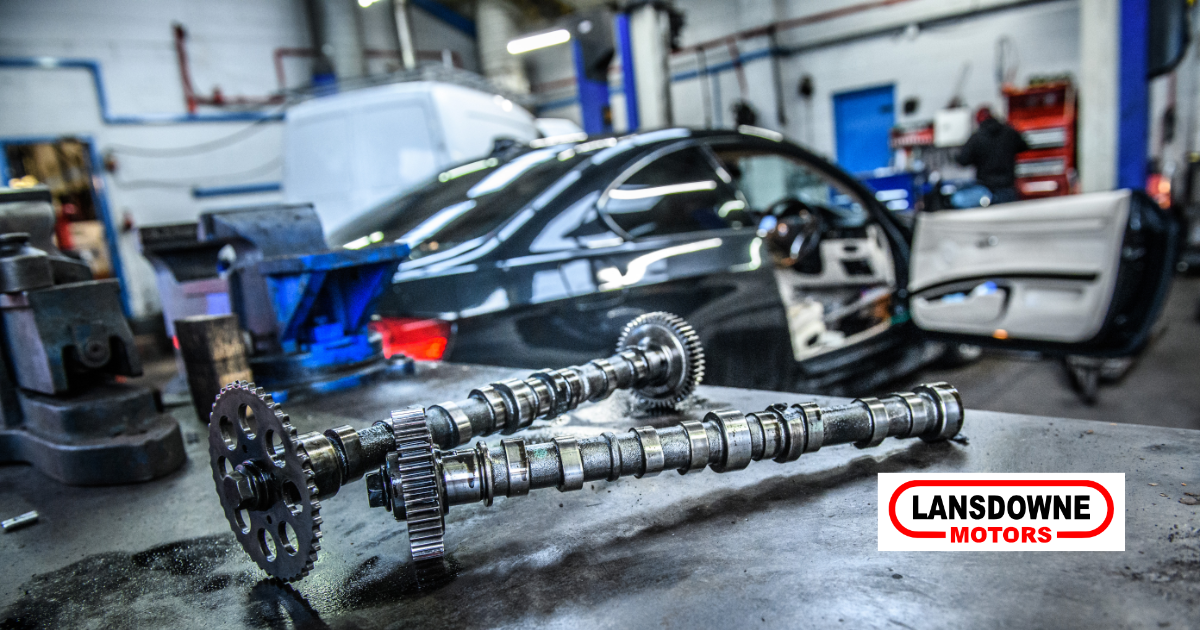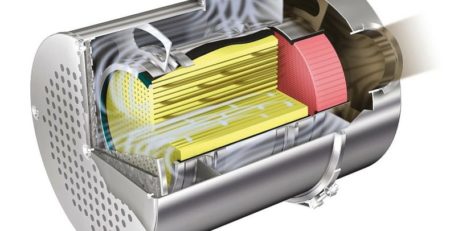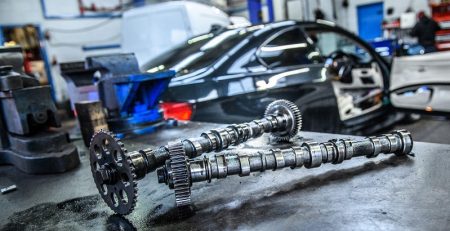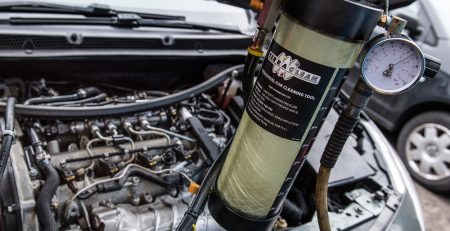Head Gasket Replacement Oldham Royton Chadderton
Head Gasket Replacement Oldham Royton Chadderton
A head gasket is a gasket that sits between the engine block and cylinder head(s) in an internal combustion engine. Its purpose is to seal the cylinders to ensure maximum compression and avoid leakage of coolant or engine oil into the cylinders; as such, it is the most critical sealing application in any engine, and, as part of the combustion chamber, it shares the same strength requirements as other combustion chamber components.
Types
Multi-Layer Steel (MLS) – Most modern head engines are produced with MLS gaskets. These consist of two to five (typically three) thin layers of steel, interleaved with elastomer. The contact faces are usually coated with a rubber-like coating such as Viton which adheres to the cylinder block and cylinder head while the inner layers are optimized for resilience.
Solid copper – a solid sheet of copper, and typically requires special machining called ‘o-ringing’ that places a piece of wire around the circumference of the cylinder to bite into the copper. When this is performed copper, gaskets are extremely durable. Recently companies have started producing copper gaskets with integral sealing wires permitting their retrofit into engines without the removal of the engine block for machine work.
Composite – an older technology. Typically, these are made from asbestos or graphite but are more prone to blowouts than newer gaskets. Asbestos gaskets are becoming increasingly rare due to health concerns.
Elastomeric – a gasket type used by Rover on their K Series engines. It utilised a steel core plate with moulded in place silicone rubber beads to seal oil and coolant passages. The bores were sealed by rolled steel fire rings in a more conventional manner. The idea behind the gasket design was to produce a production version of the technology used in F1 engines at the time. The original application of the gasket on the smaller versions of the K Series was very successful. However, an engine redesign resulted in persistent problems with the design – the joint interface became unstable and the gasket could not cope.
The cost of a replacement gasket is usually not extreme, but the price of total repair is significantly high. This is because the process of removing/replacing an engine head is very time consuming – around 75% of cost will be labour. Furthermore, untreated blown gaskets usually seriously damage the engine, then requiring even more expensive work.
For a quote on how much your Head Gasket replacement will cost you please ring Rick on 0161 652 7226 or ask through the website Contact Form.









